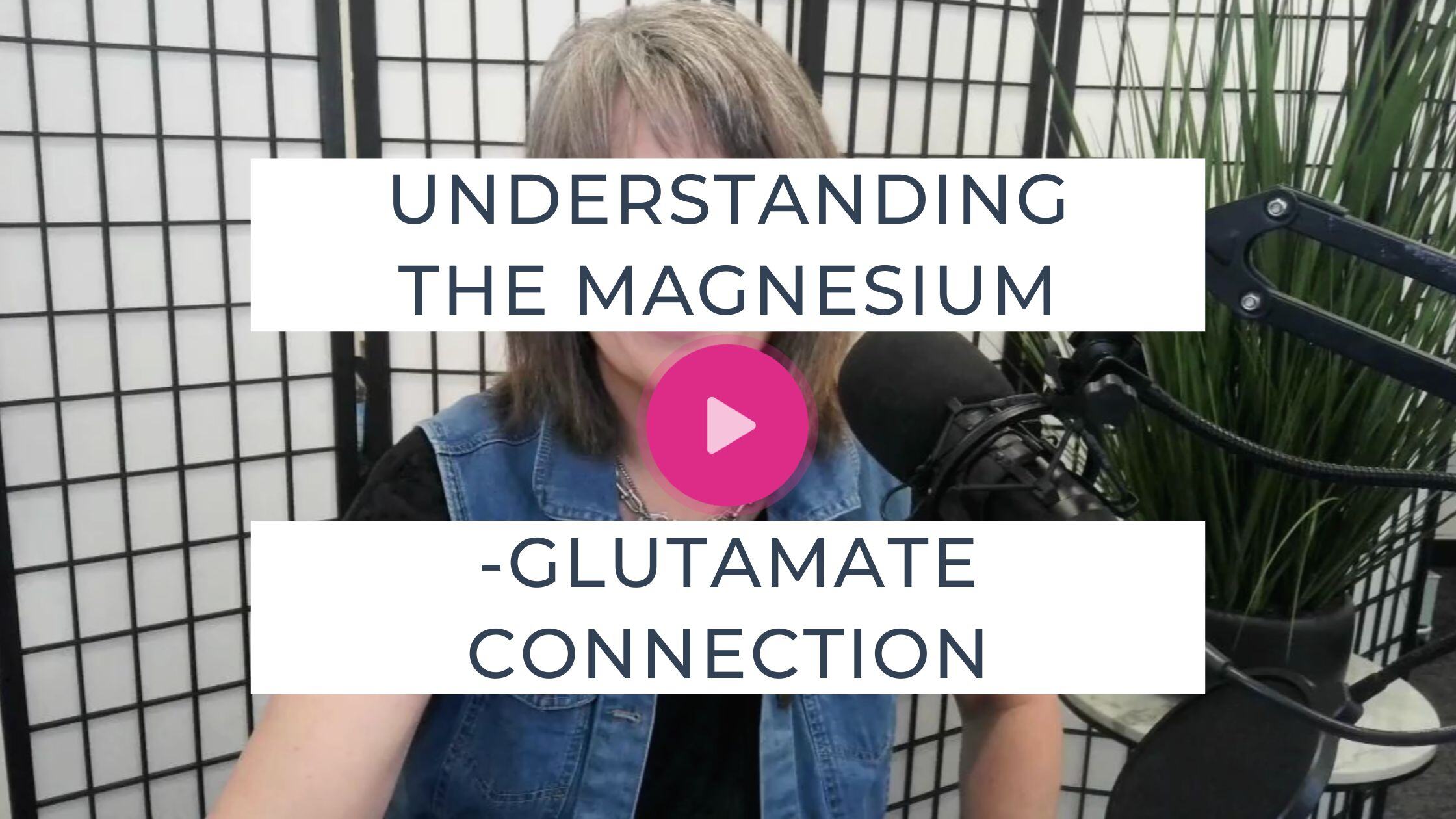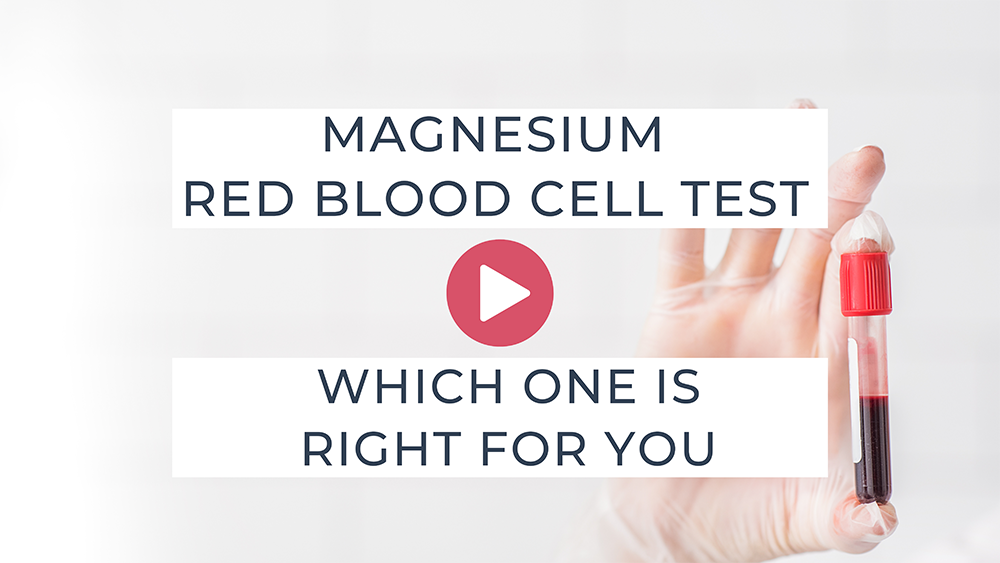
Understanding the Magnesium-Glutamate Connection
Soaking in Magnesium Soak has been a transformative part of my journey in managing depression symptoms. By modulating glutamate activity, magnesium helps maintain a balance crucial for brain health. While I'm not a medical professional, I want to share how this approach has made a difference for me. It's essential to build a strong support system and consult with healthcare providers to find the best strategies for your well-being. Here’s how magnesium has played a role in my experience and why it might be worth considering for you.
This is how soaking in Magnesium Soak has helped me manage depression symptoms by modulating glutamate activity. I want to emphasize the importance of creating a support system and stress that I am not a medical professional but aim to provide information for personal consideration.
Chapter 1: The Magnesium Glutamate Connection
I want to add a disclaimer. It is so important that anyone struggling with depression create a board of directors. People who know you and love you. Doctors. You leave no stone unturned, adding layers that help you live and become the best version of yourself. I am NOT a doctor. I’m not prescribing or diagnosing. I’m not telling you what to do. I am just sharing some information that has made a difference for me and sharing why it’s made a difference can help you determine if it’s a good action piece for you.
I have had depression wired into my journey since I was a young child. Any layer that I can add to help my body to not be as affected by depression is a beautiful thing for me in my book. The number one thing that I’ve learned about depression about magnesium that’s made such a difference for me is soaking in magnesium and achieving cell saturation has allowed my body to modulate glutamates. We need glutamates. Too much, and we have problems. Not enough, and we have problems. What can happen with depression is the modulation, that NMDA (N-methyl-D-aspartate) receptor site, it starts getting a negative and overload of glutamates and then no glutamates for a while as we go up and down, up and down on that spectrum of depression, and that can burn out the receptor site.
Magnesium helps modulate the glutamates so they’re not being sent in massive doses and then nothing for weeks later. Massive doses and then nothing. Because that can aggravate your ability to maintain level emotions. Soaking in Magnesium Soak has helped me.
Chapter 2: Benefits of Maintaining Proper Glutamate Levels
It has not cured me of depression. Some people have posted on social media that soaking in magnesium gave them enough that they have a lift, and they don’t want to feel like they even struggle with it anymore. It has been a part of my journey, something that I have learned from, and something that I am daily monitoring, and I have a board of directors for those people around me that I’ve invited to be on my board of directors to help me monitor when they see signs and symptoms coming up so that I am surrounded by trusted people that I love with their support. When we have glutamates in the proper amount, they’re needed.
Our brain needs them, our body needs them, and our cells need them. It’s when we get too much or not enough that it can aggravate anxiety and or depression. When you have enough magnesium, your body is able to modulate the glutamate activity.
Chapter 3: NMDA Receptor and Magnesium
So it doesn’t burn out the NMDA receptor, the N-methyl-D-aspartate. NMDA is a lot easier to say than that great, big, long word. When you have enough magnesium, there’s a steadier flow because if your receptor sites become less responsive because of the stop start of glutamate activity, then that’s a whole other level of burnout, magnetism. Magnesium helps to manage that. Staying at cell saturation has helped my glutamate activity, meaning that it’s easier for me to manage my symptoms. Not that it cured me, but it’s helped me manage those symptoms more effectively. Soaking in Magnesium Soak and achieving cell saturation of 6.3 or above. I like to stay between 6.3 and 6.8. I’ve got some other blog posts on how to test for magnesium. And your red blood cell numbers. I’m not talking serum, I’m talking red, magnesium red blood cell levels. It’s helped my body not have that issue with glutamate activity. In times of depression, there can be an over or under-stimulation, meaning that those receptor sites don’t know what to do, and they become less responsive. So, we want a moderated amount of glutamate, and we want our receptor sites to know what to do when glutamate is present. Too much, and it aggravates. Too little, and it also aggravates. Magnesium plays a role in monitoring the output of glutamates in your body.



